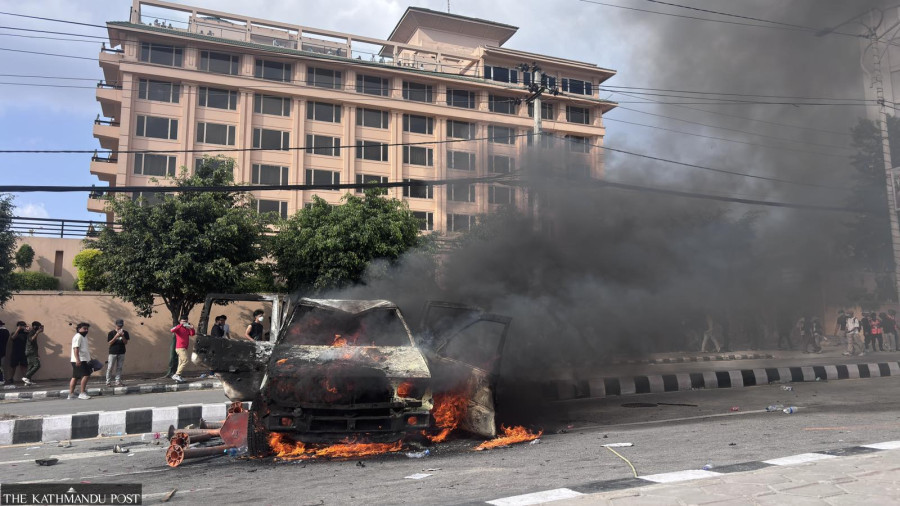Columns
Why the next six months could mark the beginning of new era in Nepal
The Gen Z uprising has opened a door of possibility.
Political reform alone is not enough. Nepal must fight corruption, strengthen infrastructure, create jobs and provide stability so that young people can envision a future at home. Without economic hope, even the best-designed political system will fail. Beyond domestic governance, Nepal must navigate its place between India, China and the wider world. Balanced diplomacy is needed to assert sovereignty, protect national interests and build strong international partnerships. The Gen Z uprising has opened a door of possibility. History warns us, however: Too many times, fresh beginnings have collapsed into old habits. If this movement fades into another round of coalition deals, Nepal will have squandered a generation’s hope. If it transforms protests into power, the next six months could mark the beginning of a new era, one where politics finally serves the people, not the parties.
-Rajiv Jung KC
There lingers an eerie anticipation of whether the limitations on the interim government can help realise the changes demanded. The fundamental demand was not overthrowing the government nor the formation of an interim government. The present reality now sits on a grotesque aftermath of bloodshed and terror, caused by not any alien entity but the very representatives elected by the citizens. The government must note that as the protest turned into a revolution, the initial demand of accountability for corruption, in isolation, does not serve the purpose of the lives lost. It needs justice.
With the primary purpose of conducting elections, the government exercises its power for only a period of six months. It must expedite the proceedings that serve the will of the people without overreaching the constitutional norm. The authorised personnel responsible for the illegal use of force must be tried immediately and should be appropriately detained, ensuring clean candidates for the upcoming elections.
-Baibhav Raj Tiwari
The events of September 8 and 9 have caused unprecedented damage—more grave than what a decade-long insurgency caused—to already deteriorating state institutions. The complete state capitulation within 24 odd hours is not only an indictment of our eroding state institutions but a complete lack of cohesion between the Nepali military and the government. It wouldn’t be far-fetched to question the former’s priorities, given their failure to mitigate obliteration of political heritages that unfolded before their watchful eyes. Against this backdrop, the interim government is expected to rebuild the state from complete ground up whilst deftly managing the economy and ultimately conducting the elections timely.
In the grand scheme of things, the political disintegration followed by the event now presents Nepal as a fertile ground for our neighbours and far neighbours to reinforce their influence. Not only is the interim government expected to remain steadfast to help realise the aspirations of the non-partisan Gen Z movement, but also thwart the possibility of puppets taking over in a facade of revolution and change.
-Aarohan Subedi
These views were either mailed to us or expressed in our various social media handles.




 18.12°C Kathmandu
18.12°C Kathmandu














